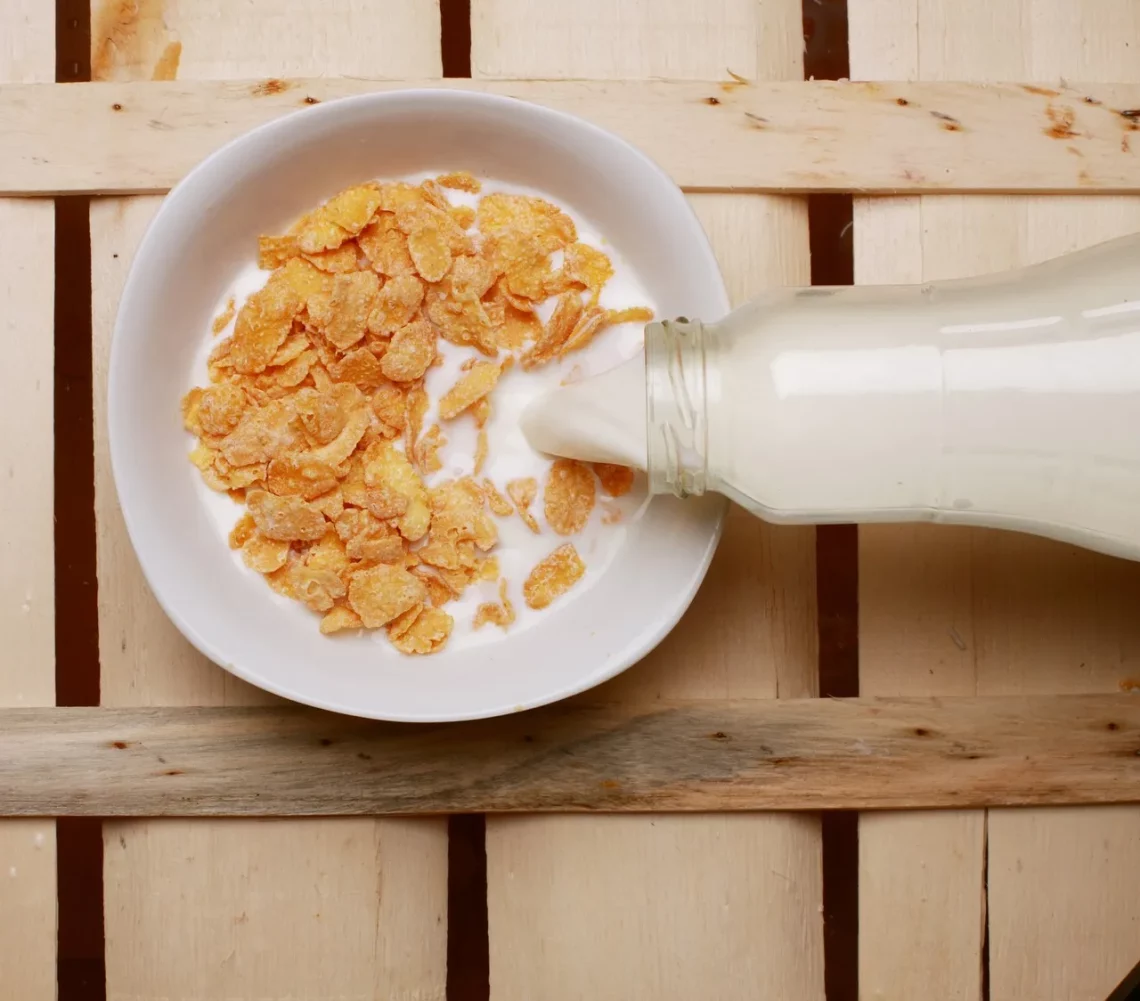
Boost Your Breakfast: The Benefits of High Iron Cereals
Breakfast is often hailed as the most important meal of the day, and for good reason. It serves as the foundation for our daily energy levels and sets the tone for how we feel throughout the morning and beyond. However, not all breakfast options are created equal. In a world filled with sugary pastries and empty-calorie cereal options, it can be challenging to choose a breakfast that not only satisfies hunger but also provides essential nutrients. This is where high iron cereals come into play.
Iron is a vital mineral that plays a crucial role in various bodily functions, including oxygen transport, energy production, and immune system support. Many individuals, especially those with dietary restrictions or specific health needs, may find it challenging to meet their daily iron requirements. Incorporating high iron cereals into your breakfast routine can be a simple yet effective way to boost your intake of this essential nutrient. From improving energy levels to enhancing cognitive function, the benefits are numerous. With a wide array of options available, there’s no shortage of delicious ways to incorporate these iron-rich cereals into your morning meal, making breakfast not just a necessity, but a delightful experience.
Understanding Iron and Its Importance
Iron is an essential mineral that plays a pivotal role in maintaining overall health. It is a key component of hemoglobin, the protein in red blood cells responsible for transporting oxygen from the lungs to the rest of the body. Without adequate iron, our bodies struggle to produce sufficient hemoglobin, leading to fatigue, weakness, and a host of other health issues.
There are two types of dietary iron: heme and non-heme. Heme iron is found in animal products like meat and fish and is absorbed more effectively by the body. Non-heme iron, on the other hand, is found in plant-based foods and fortified cereals. While non-heme iron is not as readily absorbed, consuming it alongside vitamin C-rich foods can significantly enhance its absorption.
A deficiency in iron can lead to iron-deficiency anemia, a condition characterized by low levels of red blood cells. Symptoms may include pale skin, dizziness, and an increased susceptibility to infections. This makes it especially important for individuals at higher risk of deficiency, such as pregnant women, vegetarians, and those with certain medical conditions, to monitor their iron intake.
Incorporating high iron cereals into your breakfast can be an effective strategy to combat deficiency and improve overall wellbeing. Not only do these cereals provide a significant source of iron, but they are often fortified with additional vitamins and minerals, enhancing their nutritional profile. By choosing cereals that are rich in iron, you can start your day with a nutrient-dense meal that supports your body’s needs.
Boosting Energy Levels with Iron-Rich Breakfasts
One of the most immediate benefits of consuming high iron cereals is the positive impact on energy levels. Iron is crucial for the production of hemoglobin, which in turn is responsible for transporting oxygen to cells throughout the body. When iron levels are adequate, your body can efficiently convert food into energy, helping you feel more awake and alert throughout the day.
When you start your day with a breakfast that includes high iron cereals, you set a strong foundation for sustained energy. This is particularly important for individuals with busy lifestyles, as a nutritious breakfast can help maintain concentration and productivity. High iron cereals often contain whole grains, which provide complex carbohydrates that release energy slowly, keeping you fuller for longer and preventing mid-morning crashes.
Additionally, many high iron cereals are fortified with other essential vitamins and minerals, such as B vitamins, which play a significant role in energy metabolism. Combining these cereals with protein-rich foods, like yogurt or nuts, can further enhance energy levels and satiety, making your breakfast not only nutritious but also satisfying.
For those who lead active lifestyles or engage in regular physical activity, incorporating high iron cereals into your breakfast can be especially beneficial. By ensuring your body has the necessary iron to support oxygen delivery during exercise, you may experience improved performance and endurance.
Supporting Cognitive Function through Nutrition
Iron is not only vital for physical health; it also plays a crucial role in cognitive function. Adequate iron levels are essential for proper brain development and function. Iron is involved in the production of neurotransmitters, which are chemical messengers that transmit signals in the brain. Low iron levels can impair cognitive development, particularly in children and adolescents.
Starting your day with a breakfast that includes high iron cereals can help support cognitive function and mental clarity. A nutritious breakfast can enhance focus, memory, and overall brain health, making it easier to tackle daily tasks and challenges. Iron-rich foods have also been linked to improved mood and reduced risk of cognitive decline in older adults.
Moreover, combining high iron cereals with other brain-boosting foods can further enhance cognitive benefits. Adding fruits rich in antioxidants, such as berries, can provide additional protection against oxidative stress in the brain. Likewise, pairing your cereal with sources of healthy fats, such as avocado or nut butter, can support overall brain health and improve cognitive performance.
In educational settings, children who consume iron-rich breakfasts are often found to perform better academically. This is particularly crucial in a time when attention and concentration are paramount for success. By prioritizing iron intake in the morning, parents can help their children achieve their full potential in school and beyond.
Choosing the Right High Iron Cereals
With an abundance of options available on the market, selecting the right high iron cereal can feel overwhelming. When shopping for cereals, it is essential to read labels carefully. Look for products that list iron as one of the first ingredients, and opt for those that contain at least 20% of the daily value per serving.
Whole grain cereals are a fantastic choice, as they provide added fiber, which aids digestion and contributes to overall health. Additionally, consider selecting fortified cereals that include not only iron but also other beneficial nutrients like vitamins B12 and D, calcium, and folic acid.
Avoid cereals that are high in added sugars and artificial ingredients. Many commercially available cereals can be deceiving, marketed as healthy options while containing excessive amounts of sugar. Aim for cereals that are low in sugar and free from artificial colors and flavors.
Another consideration is the dietary needs of you and your family. For individuals following a gluten-free diet, there are plenty of high iron cereal options made from gluten-free grains like oats and quinoa. Similarly, if you are vegan or vegetarian, look for cereals that are fortified with non-heme iron to meet your nutritional needs.
Incorporating high iron cereals into your breakfast routine can be both delicious and nutritious. Experiment with different brands and flavors, and don’t hesitate to add your favorite toppings, such as fresh fruits, nuts, or seeds, to elevate your morning meal.
In conclusion, while high iron cereals can be a valuable addition to your breakfast, it is essential to remember that they should be part of a balanced diet. If you have specific health concerns or dietary restrictions, consult with a healthcare professional for personalized advice.
*Disclaimer: This article is for informational purposes only and should not be considered medical advice. Always consult with a healthcare provider for any health concerns or dietary changes.*




